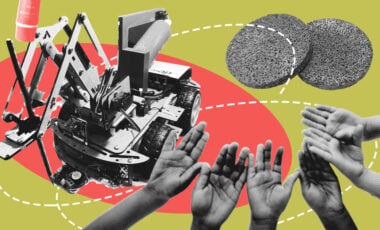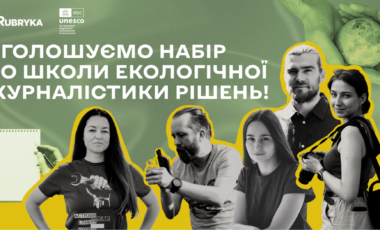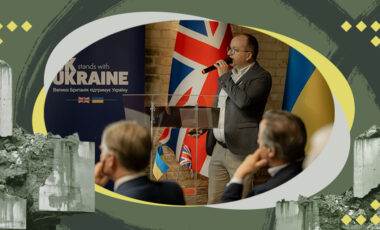Kyiv opens psychological center to support war-affected children
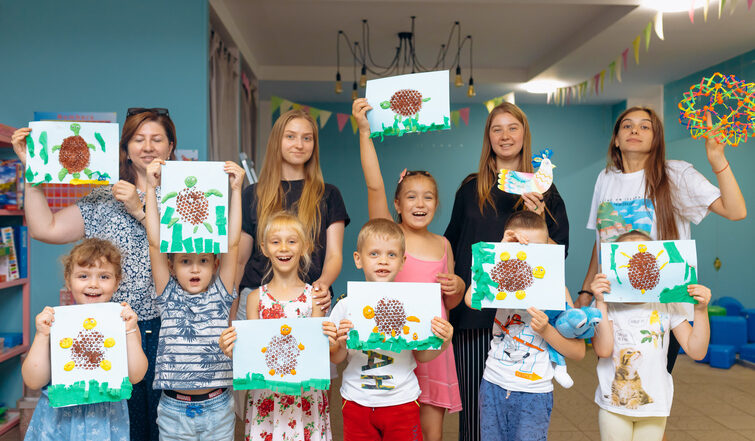
Kyiv opened the space of psycho-emotional support for children affected by the war.
It provides free psychological counseling to children and their parents and guardians.
What is the problem?
Since the beginning of the full-scale war, children have become one of the most vulnerable groups. They are directly affected by violence, traumatic events, and emotional stress, which has a profound psychological impact on their development and future well-being.
One of the most tangible effects of war is the loss of close relatives, parents, and friends. Many children become orphans or are forced to live in ruined and disorganized conditions. This not only creates material difficulties but also leads to emotional trauma, a sense of loss, and alienation.
During the war, children also face the danger of explosions, shelling, and minefields. They are forced to live in constant fear for their lives and safety. Many children are injured physically or psychologically, and some even become disabled as a result of hostilities.
The all-out war caused 1653 children to suffer from Russian aggression, including 510 being killed and 1143 being injured.
What is the solution?
Kyiv opened the space of psycho-emotional support for children affected by the war. The center provides free psychological counseling to children and their parents and guardians.
Litokryl is the third hub that the RescueNow charity foundation has opened.
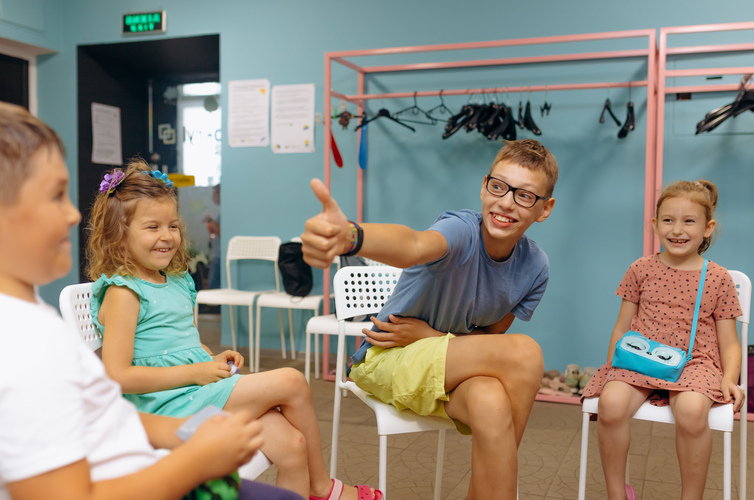
How does it work?
Two hubs are already operating in Kharkiv. The third started working in Kyiv in partnership with the humanitarian fund Never Give Up.
The center is designed primarily for families who were forced to leave their homes because of the war and start life first in unfamiliar cities.
"Many families fled from the occupied territories or explosions. Now they have to adapt to life in a big foreign city, find a job, school or garden, friends. It is difficult to live not only for parents, but also for children who often cannot tell mom and dad what they really feel after the experience," says project curator Olga Kabanets.
The space has three rooms, two of them are designed for group classes, and another for psychological sessions.
"Since the vast majority of displaced persons do not seek psychological help and experience everything on their own, they are assisted by qualified psychologists who work with anxiety and depression of children and parents in groups and individually," the press release said.

























